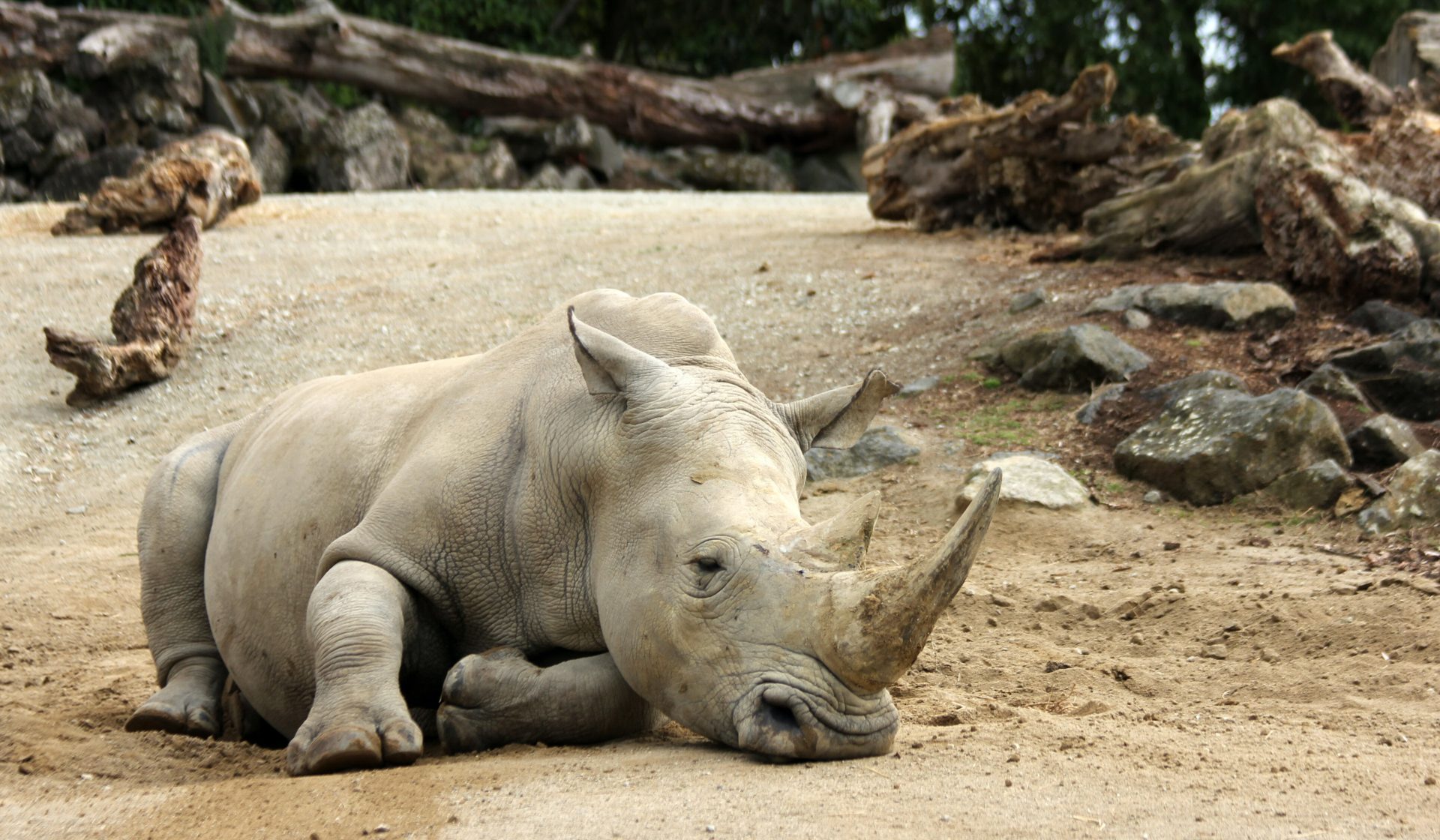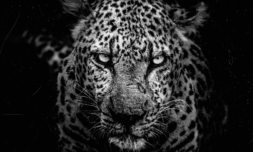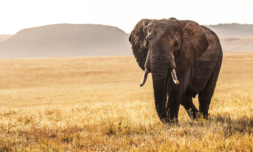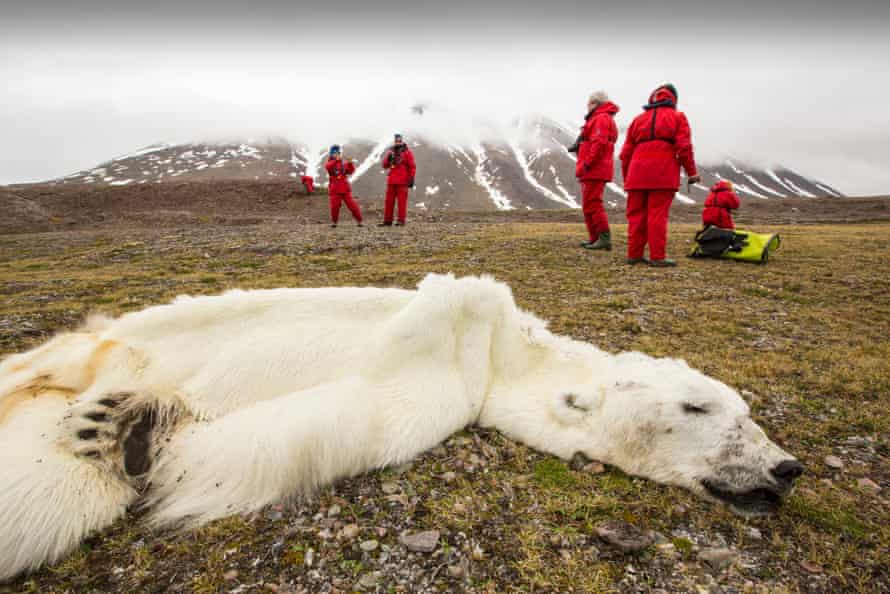With more plants and animals than ever before on a global list of threatened species, WWF has warned of a looming mass extinction – the largest event of its kind since the end of the dinosaur age.
66 million years ago, an asteroid struck the Earth, resulting in a worldwide environmental change that, as we know, wiped out the dinosaurs.
Today, another mass extinction event is looming, the outcome of human activity and our impact on the climate.
This is according to the World Wide Fund for Nature, which warned last week that around one million species could go extinct within the next few decades.
Due to be the largest event of its kind since the devastating near apocalypse we all learned about in school, it’s expected to occur in the form of large-scale natural disasters like volcanic eruptions, flooding, and drought-induced wildfires.
That’s in addition to the biodiversity crisis, invasive species wiping out native plants or animals, and diseases from human trade – all knock-on effects of global warming.

The stark prediction comes on the back of WWF’s ‘Winners and Losers of 2021’ project, which outlines both conservation victories and the species added to the Red List of the International Union for Conservation of Nature (IUCN).
It revealed that some 142,500 animals and plants were added that year alone – the highest number to be included since the Red List was established in 1964 – almost 30% of which are now actively threatened with extinction.
‘When humanity exterminates other creatures, it is sawing off the limb on which it is sitting, destroying working parts of our own life-support system,’ reads the report.
‘Decision makers at every level need to make the right political, financial and consumer choices to achieve the vision that humanity and nature thrive in harmony on our only planet.’





















